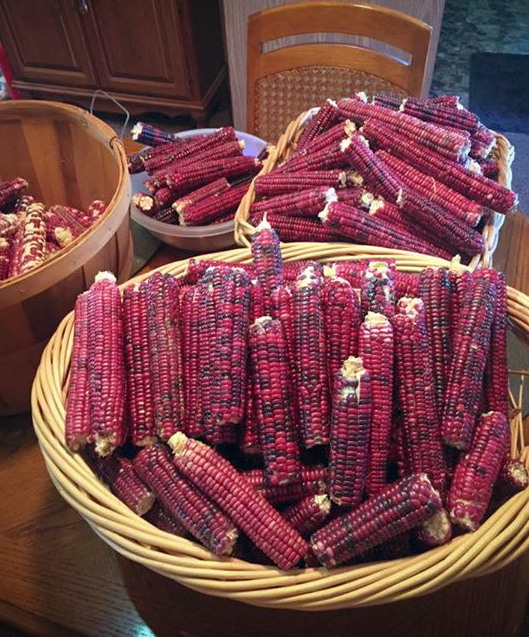CITIZEN SPOTLIGHT: MAG WALLS 105TH BIRTHDAY CELEBRATION!
Meet Magdalene “Mag” Walls, a proud Shawnee citizen born on February 25, 1921, in Ramona, Oklahoma. Her early years were spent in Ramona before her family moved to White Oak, where Mag attended grade school and met her first husband. Together, they had two wonderful children, Deloris and Jim. In 1942, Mag embarked on a […]


